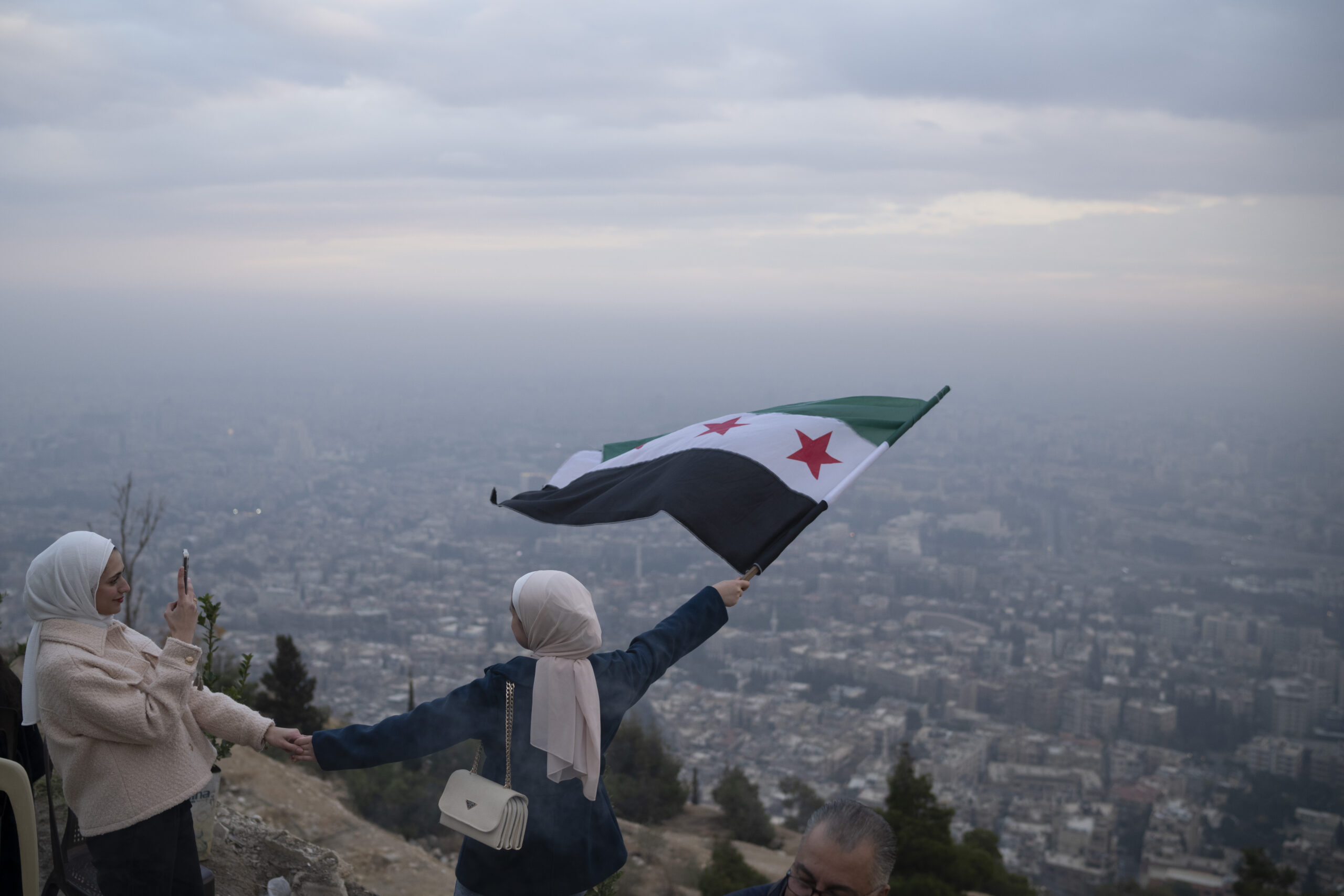Security
Feb 7, 2025
The Terror Designation: Houthis Scramble While Dismissing Its Impact
While not without risks, Trump’s redesignation of the Houthis as a foreign terrorist organization is a powerful diplomatic tool for Yemen’s government.
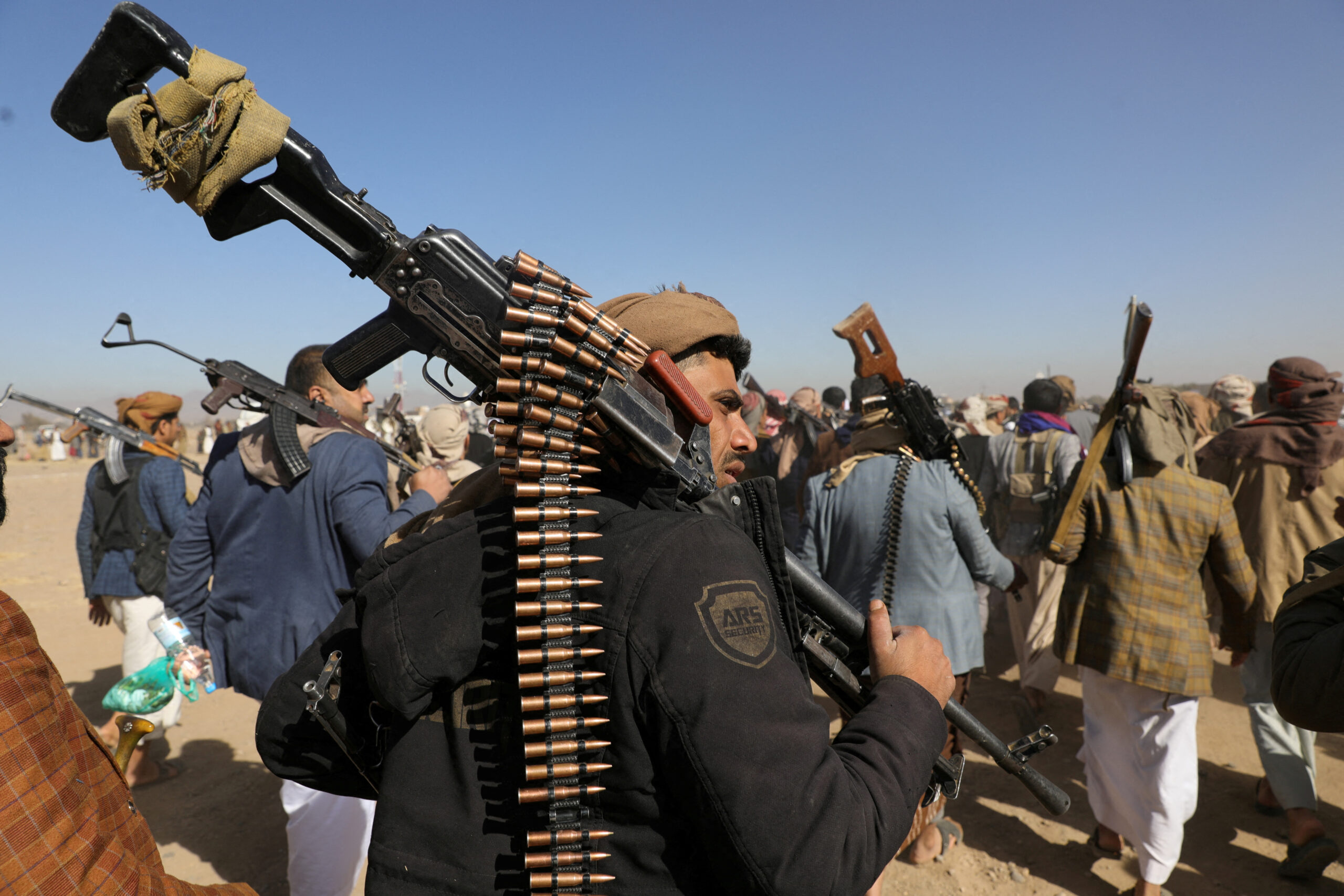
Jan 31, 2025
The Gulf States in a New Syria
Given how Syria after 2011 became a cockpit for external intervention in domestic affairs, the early signs this time for engagement of Gulf states appear more promising, particularly due to their ability to convene and lead in regional affairs.
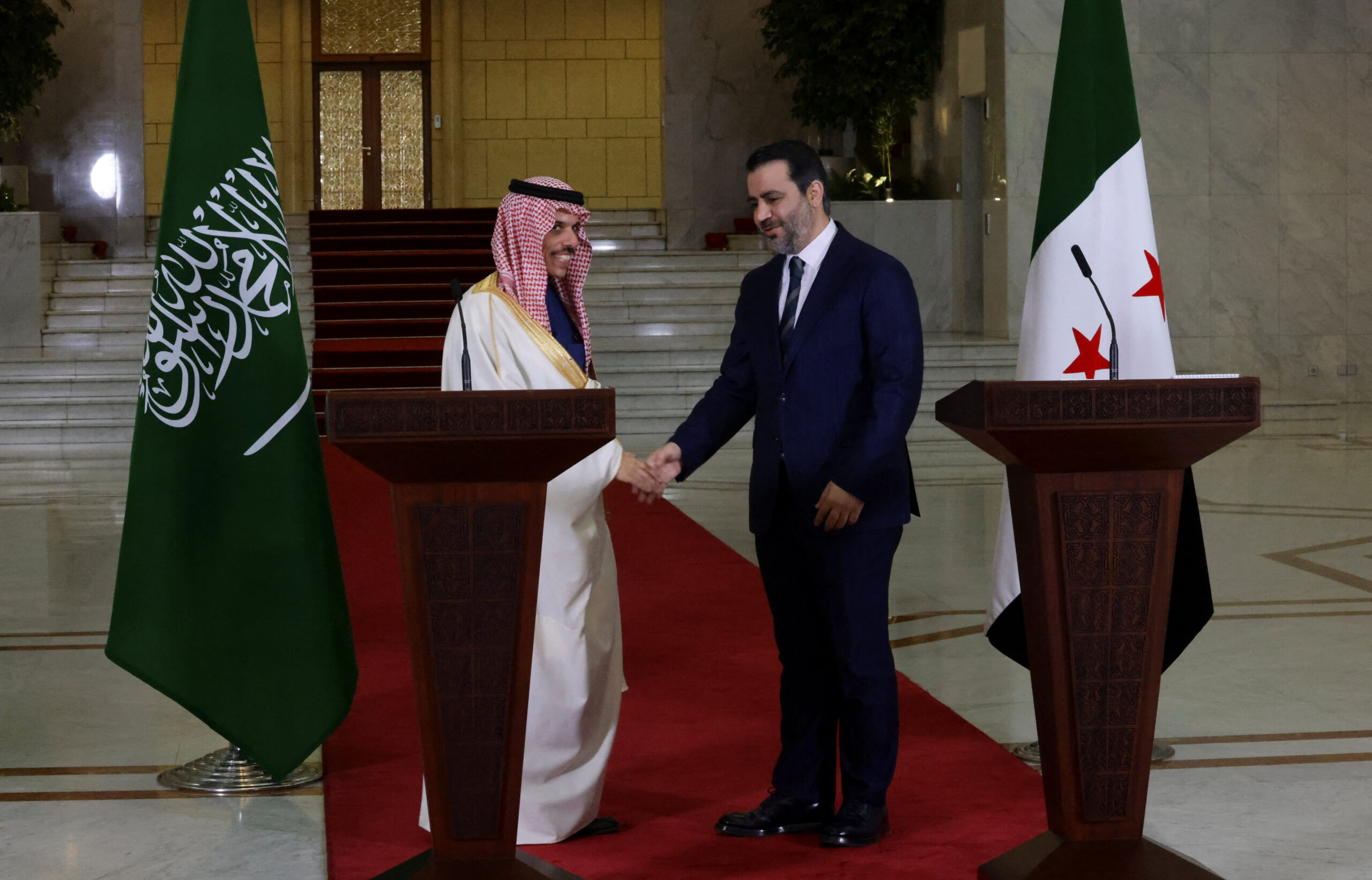
Jan 27, 2025
The Coming War in Yemen
Trump’s executive order redesignating the Houthis a foreign terrorist organization threatens direct military action against the Houthis, raising the possibility that the United States could get sucked into another long-term conflict in the Middle East.
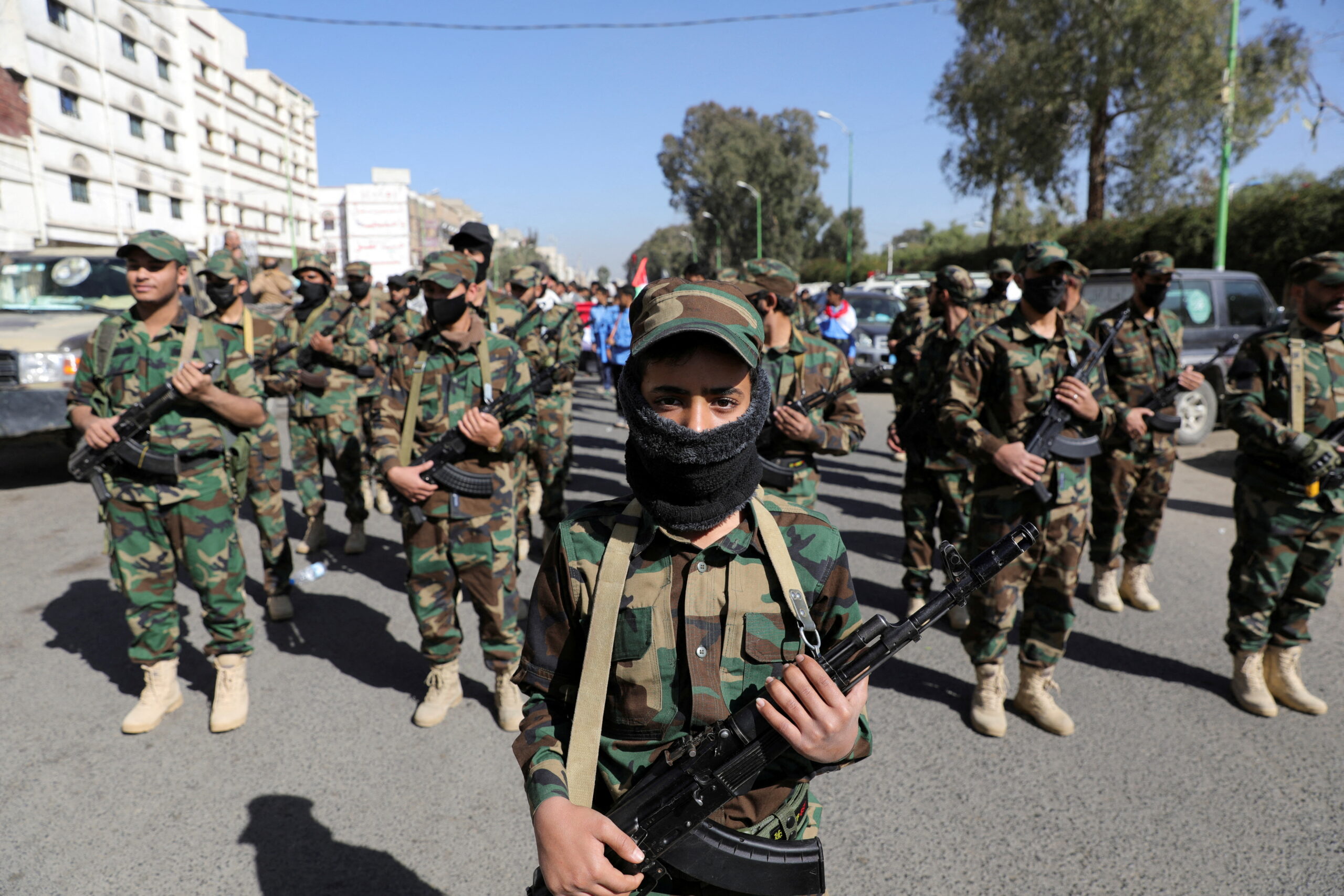
Jan 22, 2025
The Decline of Iran’s Proxy Network
Trump’s executive order redesignating the Houthis a foreign terrorist organization threatens direct military action against the Houthis, raising the possibility that the United States could get sucked into another long-term conflict in the Middle East.
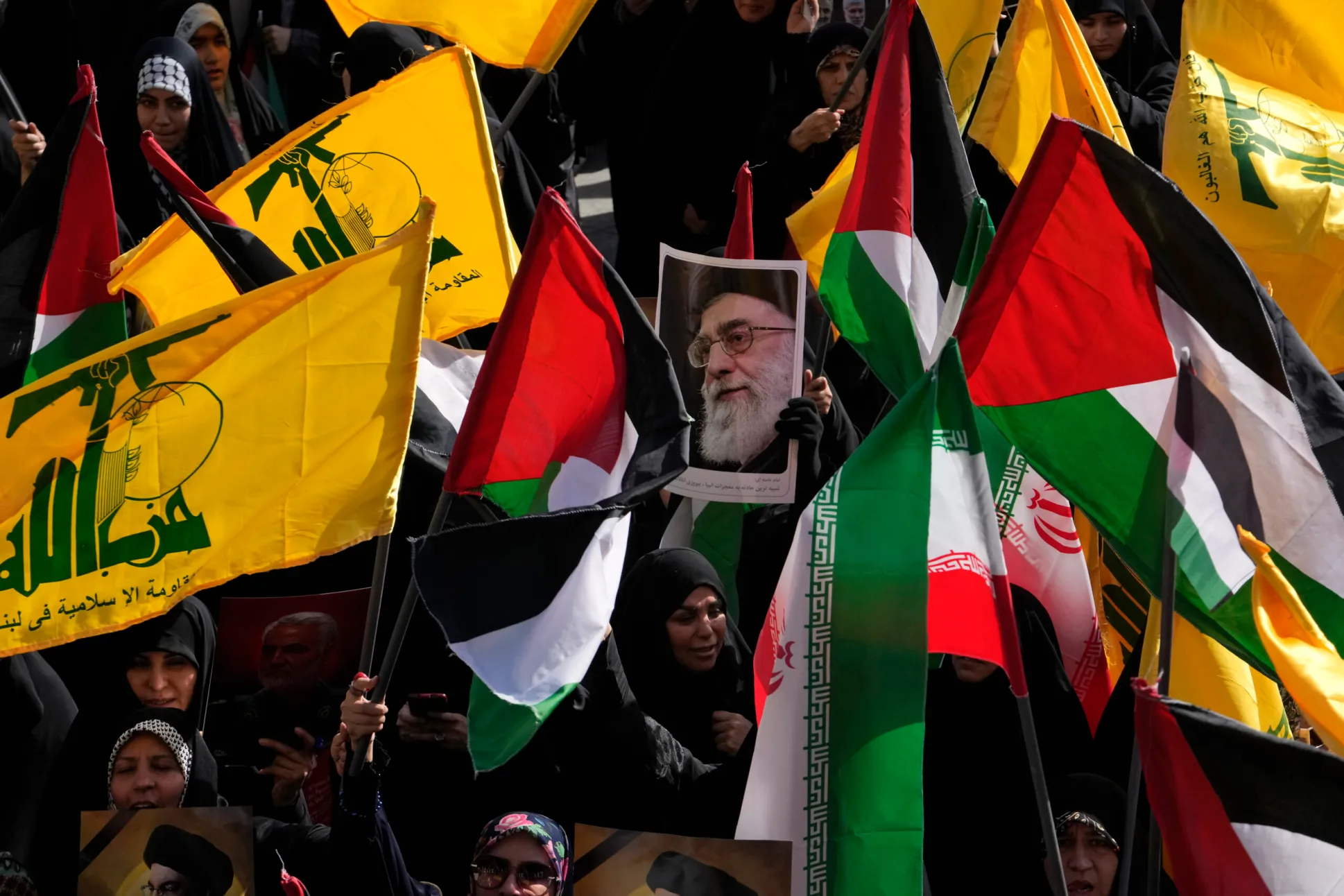
Jan 7, 2025
Militarized Nationalism: Oman’s Military Discipline Program
Oman’s Military Discipline Program uses military codes to promote top-down objectives, such as strengthening social cohesion, responsibility, and a sense of national belonging among young Omanis.
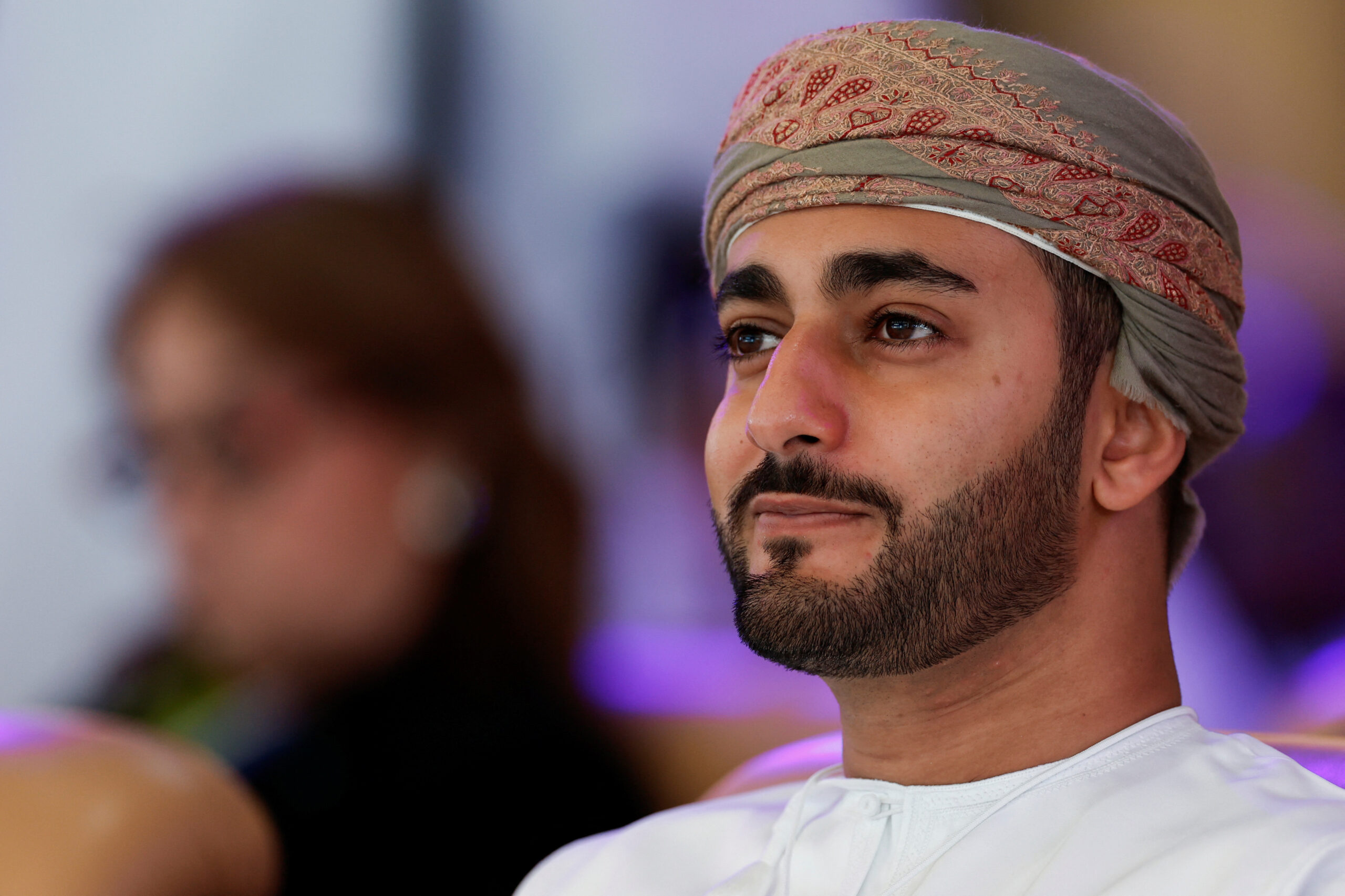
Jan 6, 2025
Iran’s Options Narrowing Rapidly
With nearly all its obvious national security pathways closed, Iran might be left with no option other than to turn inward toward addressing its domestic strains while seeking de-escalation with adversaries and downplaying its drive for regional influence.
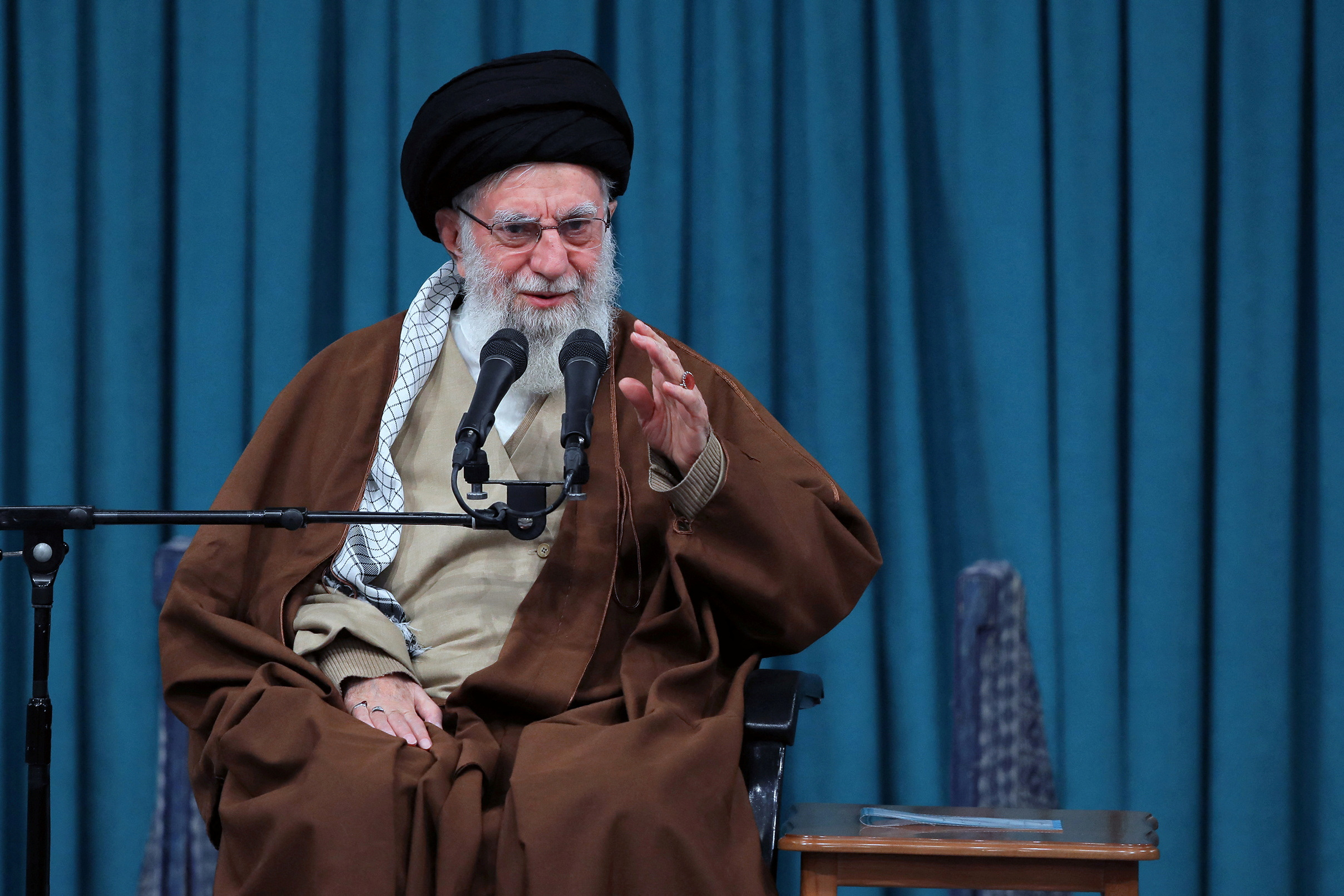
Jan 2, 2025
The Struggle for Syria
The flurry of diplomatic activity and the leadership’s announcement of an extended timeline for holding elections signal a prolonged, difficult transition for Syria, with complex internal jousting for power also shaped by external influence.
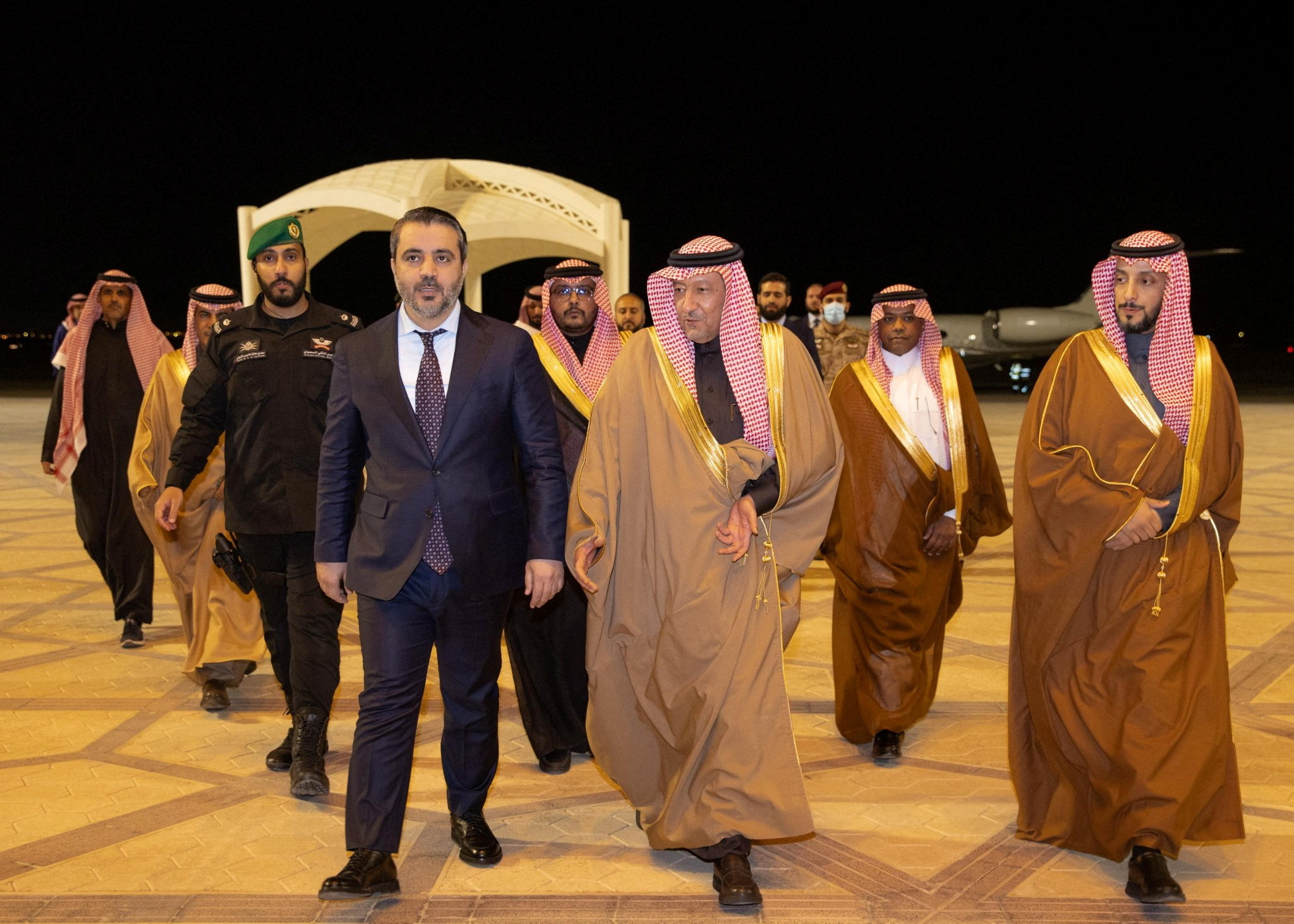
Dec 26, 2024
Assad’s Fall Prompts Initial Gulf Unity but Differences and Concerns Are Emerging
Gulf states met the Syrian regime’s fall with unity and pragmatism. But already differences are emerging in response to the political transition and the possibility of chaos, extremism, and a feeble state unable to preserve its territorial integrity.
